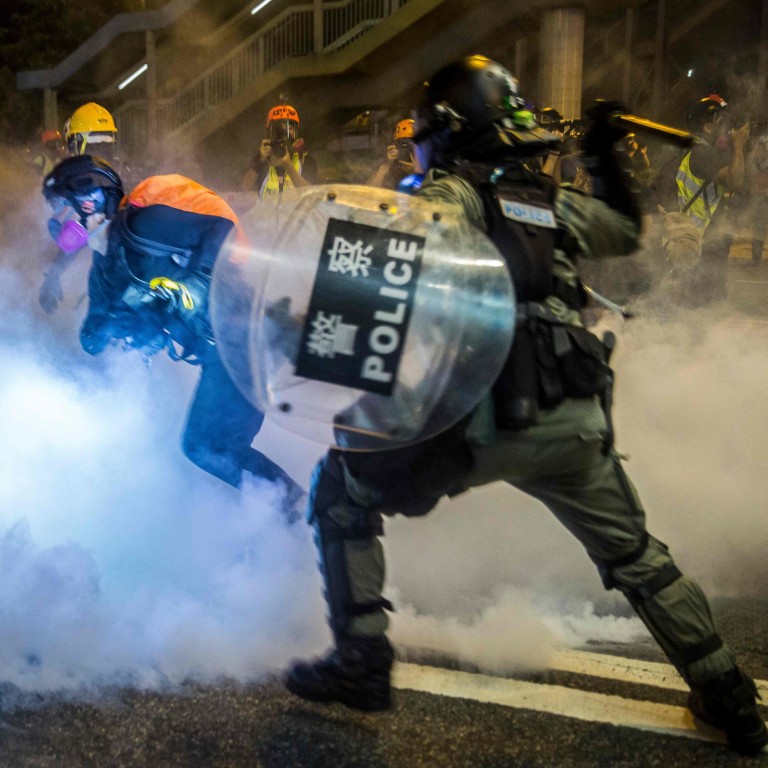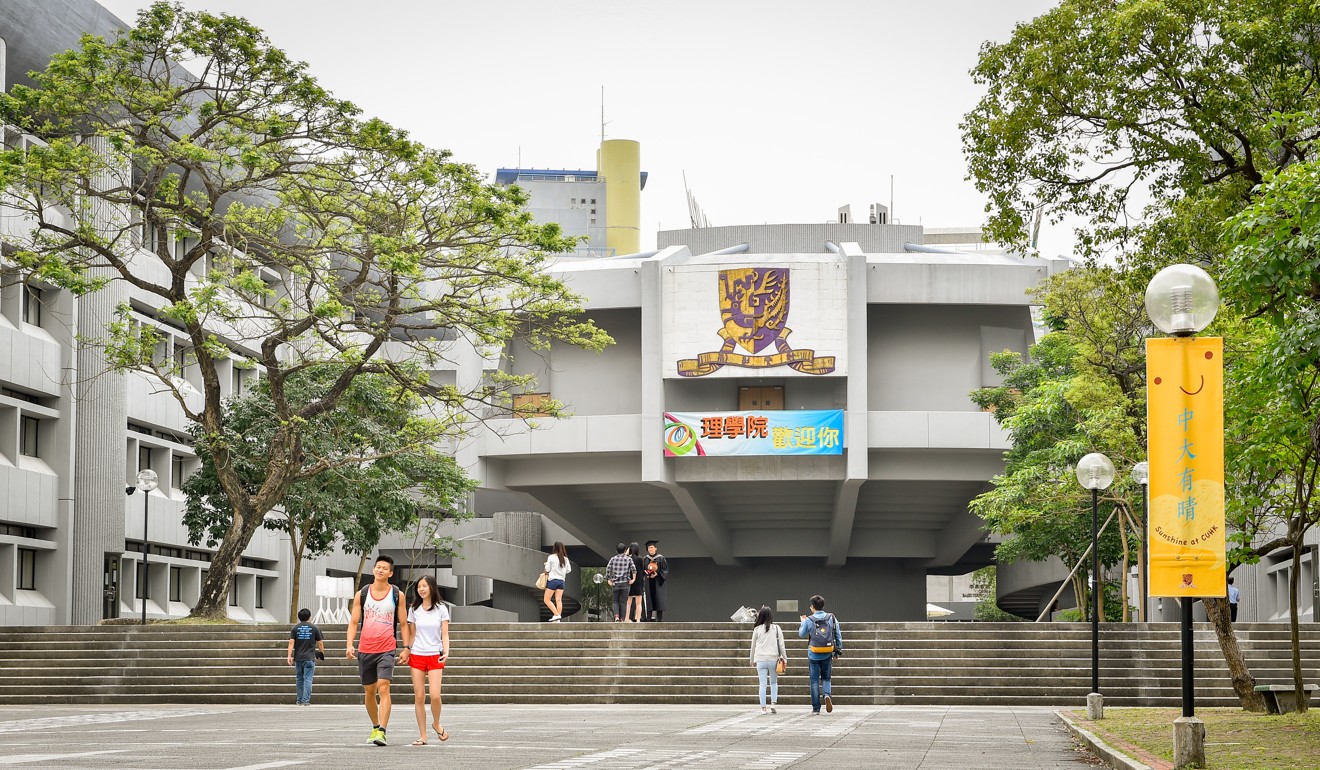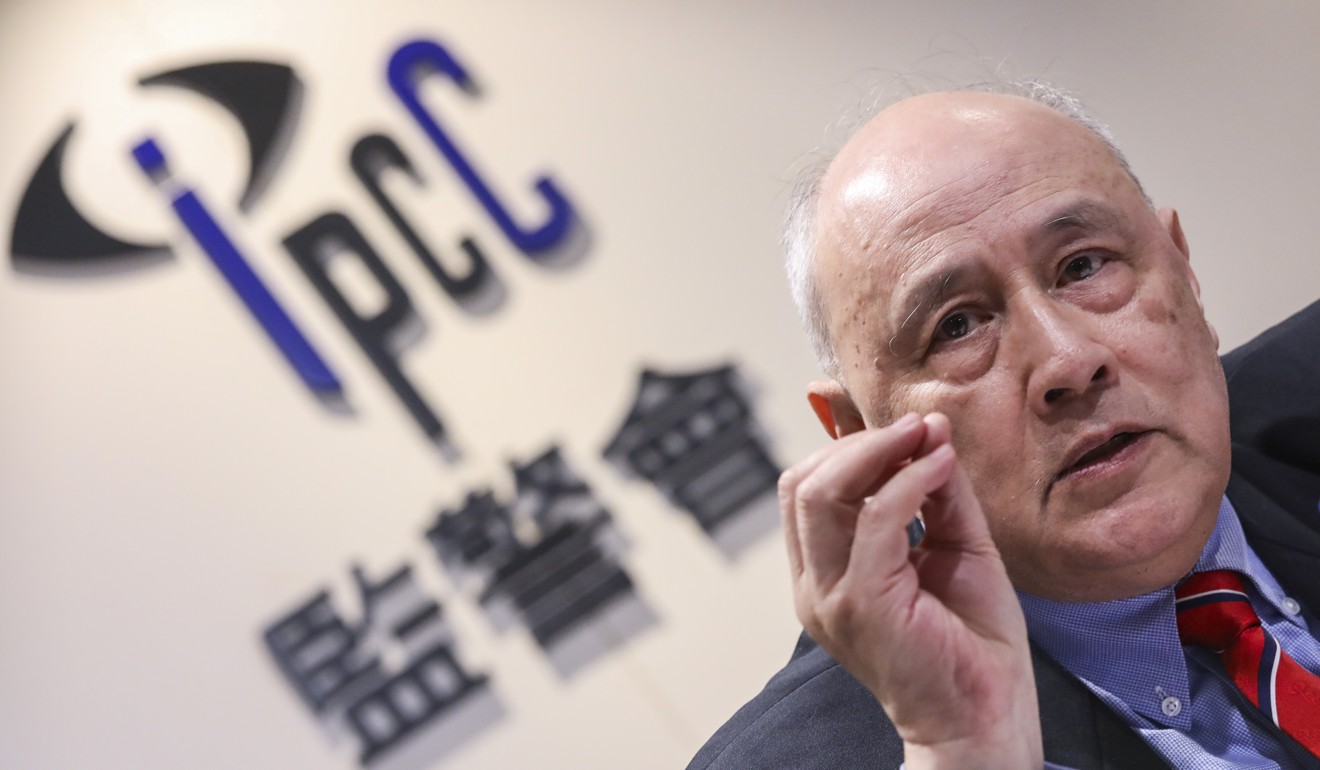
Exclusive | Chinese University to start public archive on Hong Kong protests to document the movement and preserve material for future study
- University gives green light to collecting documents and recordings related to protests, which have gripped city since early June
- Collection will aim to give fuller picture of demonstrations and help public and scholars understand movement
A Hong Kong university will set up a public archive to preserve footage, posts on popular forum LIHKG, and any materials related to the massive city protests against the now-abandoned extradition bill, the Post has learned.
Two Chinese University sources confirmed the school had given the initial green light to collecting documents and recordings related to the protests, which have since morphed into a pro-democracy movement, from June 9 onwards when the first march that attracted an estimated one million people took to the streets.
The archive will later be opened to the public, researchers and law enforcement agencies to study the movement.
The database is still at an early stage of planning, but it is understood it has secured the support of CUHK vice chancellor Rocky Tuan Sung-chi.
Anthony Neoh, head of the police watchdog, the Independent Police Complaints Council (IPCC), and who also serves as CUHK’s treasurer, said Tuan was excited about the initiative.
“When it’s all done, this will be a public archive to contribute to the history of Hong Kong,” Neoh said in an interview with the Post. “Professor Tuan is enthusiastic about it. He feels that he needs to do this for the heritage of Hong Kong.”
The first fact-finding report by the IPCC, covering events from June 9 to July 2, is expected to be published in the next six months. The IPCC plans to produce periodic reports on the social unrest that has gripped Hong Kong over the past two months.

The first university source said the archive would aim to provide a fuller picture of how events unfolded, including the heated confrontations between protesters and riot police, and the indiscriminate attacks on passengers in Yuen Long on July 21 by a group of men dressed mostly in white shirts.
“It could help scholars to understand this movement, or even the IPCC’s investigation,” the source said.
‘Now is the time to meet demands’: protesters warn Hong Kong leaders
CUHK’s library has already started archiving live feeds from TV stations and media reports on the unrest, and will collaborate with its engineering scholars to verify footage filed by citizens. It will also be open to collecting and archiving physical items related to the protests, for instance protective gear worn by protesters.

The second source stressed any collection would be strictly scholarly and impartial. “As a scholastic institute, we only gather what has happened, and help the academic development of those who need it,” he said.
Neither Tuan’s office nor CUHK responded to requests for comment.
Great Firewall no barrier to ugly online battles over Hong Kong protests
The archive could serve as a blueprint for the IPCC, which has now received more than 2,400 pieces of footage and images from the public, as part of its study of the police’s operations and the complaints against the force’s handling of recent protests.
Meanwhile, Neoh said police had been “dilatory” in giving information to the IPCC by, for example, not providing the council with any footage of the protests.

“They gave me two reasons – first they are busy, of course,” Neoh said. “The second reason is they have been arresting people, and a lot of information they have to pass to the Department of Justice. And the department has been very cautious about not giving anyone any information until they have looked through the cases.”

Regarding the Yuen Long case, Neoh said the IPCC had been collecting information in the public domain even before it voted to extend the scope of its study last Friday. Initially the IPCC had been studying the protests from between June 12 and July 2, but extended its remit to cover all other clashes since then.
Hence, it will look into the Yuen Long episode.
But Neoh conceded there could be difficulties in taking a deeper dive into that specific case, until the anti-graft regulator, the Independent Commission Against Corruption, completes its current investigation into the matter.

